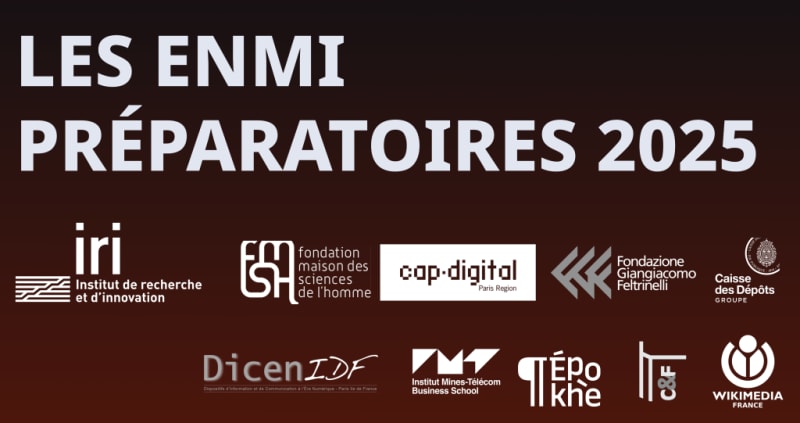De la fonction du processus de synthèse

Montévil, Maël. 2025. “De La Fonction Du Processus de Synthèse.” In Synthèse Artificielle et Contribution Humaine : Quelle Économie Pour de Nouveaux Milieux Des Savoirs ? https://www.iri.centrepompidou.fr/actualites/entretiens-du-nouveau-monde-industriel-preparatoires-2025/